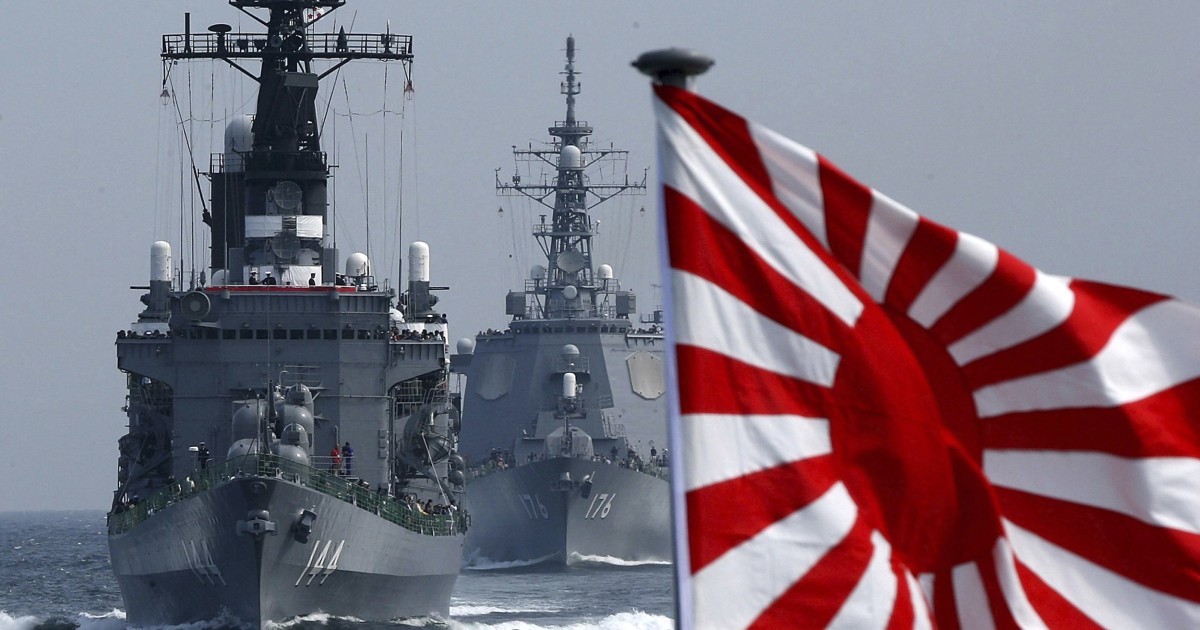
Growing military tensions around Taiwan as well as economic and technological rivalry between China and the United States threaten peace and stability in East Asia as the regional power balance shifts in Beijing’s favour, Japan said in its annual defense white paper.
“It is necessary that we pay close attention to the situation with a sense of crisis more than ever,” the paper said in a new section on Taiwan. “In particular, competition in technological fields is likely to become even more intense,” it said about the U.S.-China tussle.
The defense review, which was approved by Prime Minister Yoshihide Suga’s government on Tuesday, points to China as Japan’s main national security concern. Beijing’s recent uptick in military activity around Taiwan has Tokyo worried since the island lies close to the Okinawa chain at the western end of the Japanese archipelago.
Chinese President Xi Jinping this month pledged to complete the “reunification” with Taiwan and in June criticized the United States as a “risk creator” after it sent a warship through the Taiwan Straits separating the island from the mainland.
Download the NBC News app for breaking news and politics
Japan’s deputy prime minister and finance minister, Taro Aso, this month in a speech reported by Japanese media said Japan should join forces with the United States to defend Taiwan from any invasion. Aso later said any contingency over Taiwan should be resolved through dialogue when asked about the remarks, which drew a rebuke from Beijing.
As the military rivalry between the United States and China deepens, their economic competition is fuelling a race to take the lead in key technologies, such as semiconductors, artificial intelligence and quantum computing.
The emergence of the rival technology camps poses a challenge for Japan because its economy relies as much on business ties with China as it does with the United States. Japan will also have spend heavily to keep up with government funding for technology development in the United States, China and Europe.
U.S. Senate lawmakers recently passed the Innovation and Competition Act of 2021, which authorises $190 billion spending on technology including $54 billion to increase chip production. House of Representative lawmakers are debating a separate proposal that also promises generous funding, the “Ensuring American Global Leadership and Engagement Act,” or EAGLE Act.
The Japanese annual security review for the first time also includes a section on threats posed by climate change, which it says will increase competition for land and resources, and may trigger mass movement of climate refugees. An increase in disasters linked to global warming could also stretch military capabilities, it adds, while Arctic Sea ice melting could lead to the militarization of northern waters.
Source: | This article originally belongs to Nbcnews.com










